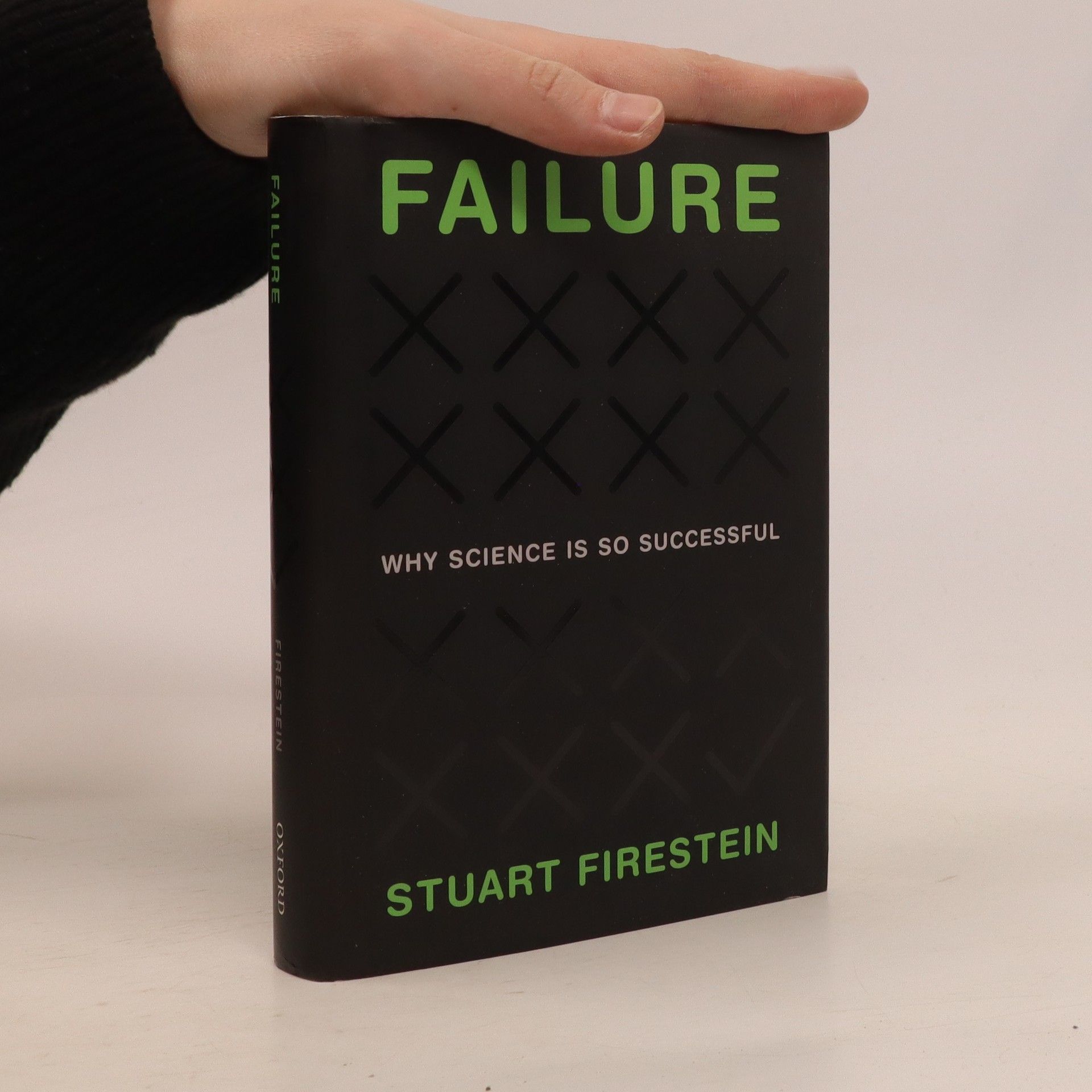Failure : why science is so successful
- 305 stránok
- 11 hodin čítania
The daily pursuit of science by professional scientists diverges significantly from the public's perception. Rather than a strict, methodical system for accumulating facts, science often resembles a quirky search for understanding in largely unexplored areas. This journey is marked by wrong turns, mistaken identities, and occasional successes. The common misconception of science as infallible stems from an education system focused solely on facts through intimidating textbooks, and media that highlight discoveries without addressing the underlying processes. Politicians, who fund scientific endeavors to inform policy, and some scientists, who fear discussing failures may jeopardize their careers, further perpetuate this distorted view. This work aims to make science more relatable by shedding light on its inherent flaws. In this sequel to Ignorance, the author illustrates that failure is an integral part of the scientific process, essential for progress. By showcasing how science began with trial and error, the book offers the public an insider's perspective on the realities of scientific work, striving to make it more accessible, understandable, and engaging.
